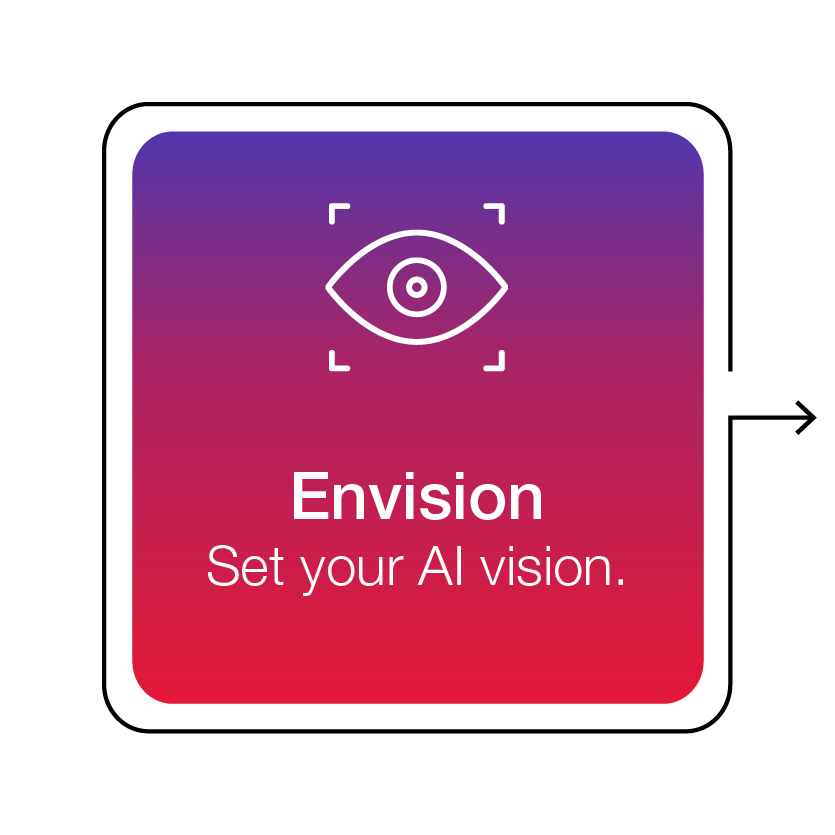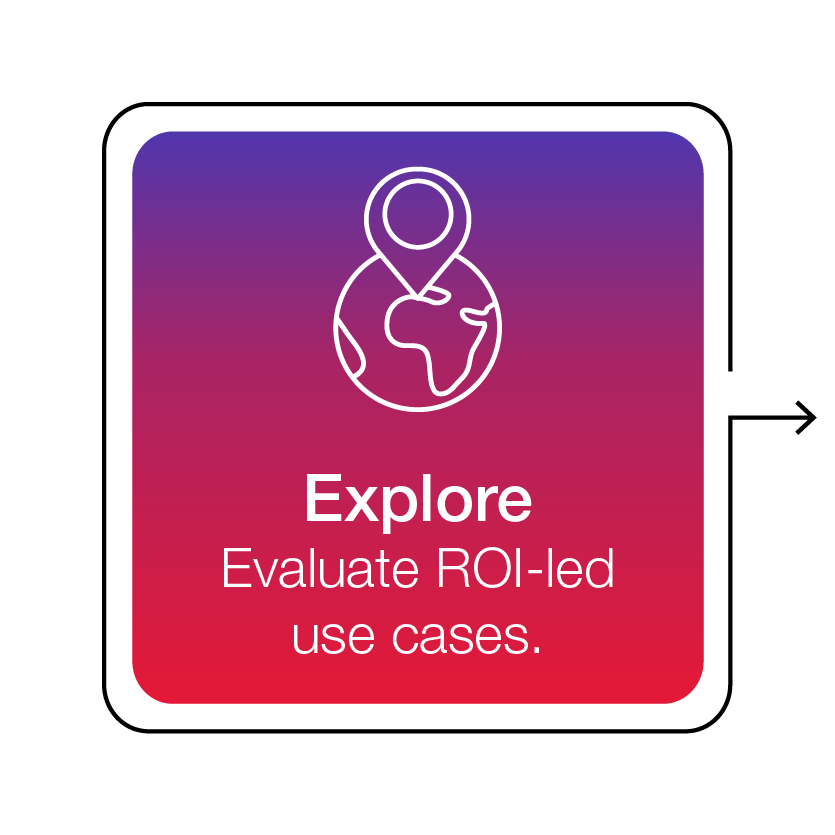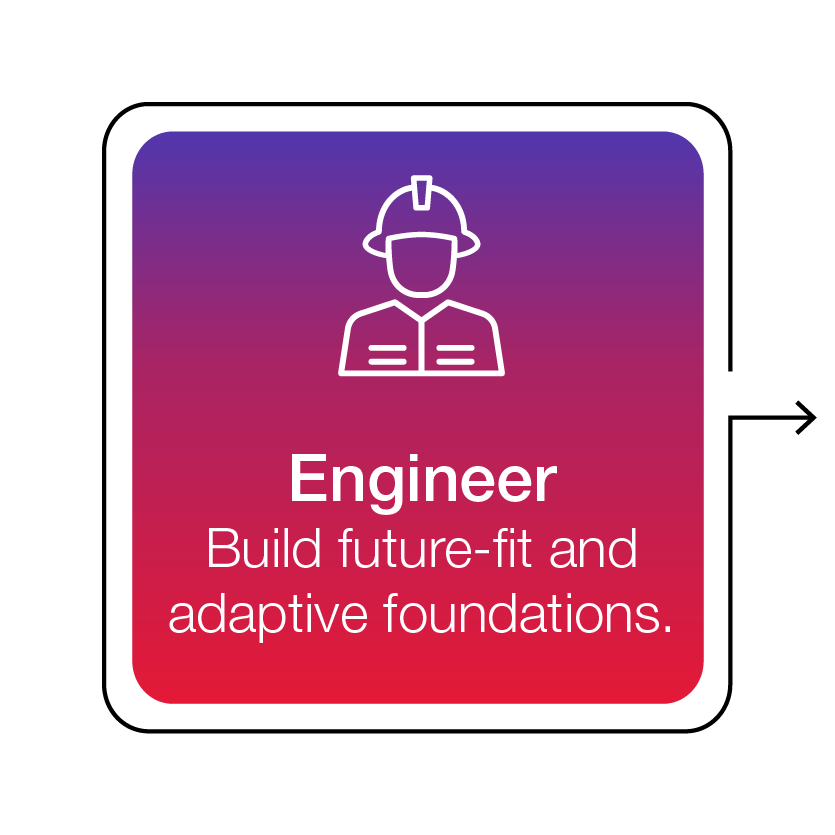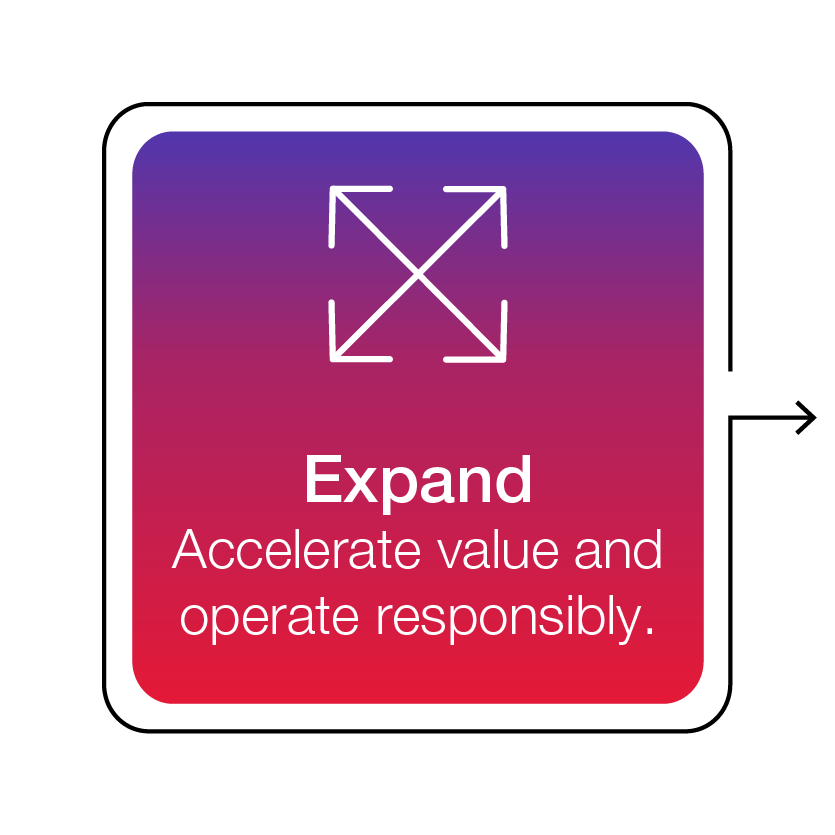Russell
Goodenough
is
Head
of
AI
for
CGI's
UK
and
Australia
business.
With
a
background
in
engineering
and
digitisation,
Russell
has
30
years
of
experience
of
delivering
complex
technology,
supporting
public
and
private
sector
clients
across
a
range
of
industries,
...
Adam Kobeissi is Vice President for CGI UK’s London metro business unit. He leads an AI practice as well as a team of consultants across local government, education, transport, health and housing.
With close to two decades of experience in tech and strategy, Cheryl is dedicated to finding AI and business process automation solutions that work for organisations, their members and those they support.
Chris
Annone
is
Senior
Consultant
and
Practice
Lead
in
CGI
UK’s
London
Metro
Business
Unit.
He
leads
a
team
of
AI
and
Automation
consultants
across
multiple
verticals
including
Local
Government,
Education,
Transport,
Health
and
Housing.
...













